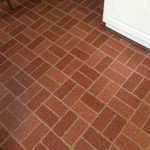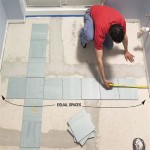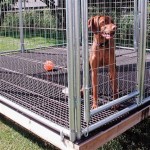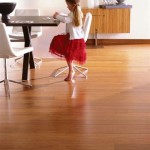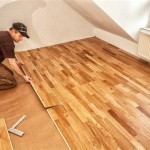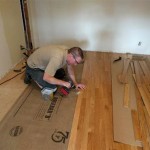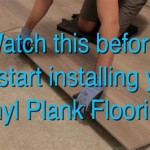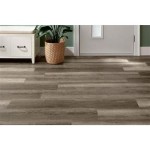Vinyl Flooring On Particle Board: Essential Considerations
When considering flooring options, vinyl flooring on particle board presents a unique combination of durability, affordability, and style. However, understanding the essential aspects of this flooring system is crucial to ensure a successful installation and long-lasting performance.
Subfloor Preparation
Proper subfloor preparation is essential for the longevity of vinyl flooring on particle board. The particle board subfloor should be level, smooth, and free of any imperfections. Uneven surfaces or gaps can cause the vinyl flooring to buckle or crack over time. It is recommended to use a leveling compound or self-leveling underlayment to address any irregularities.
Moisture Resistance
Vinyl flooring is generally water-resistant, but it is crucial to consider the moisture resistance of the particle board subfloor. Particle board can absorb moisture, leading to swelling and deterioration. If the subfloor is in a moisture-prone area, such as a basement or bathroom, it is essential to use a moisture-resistant underlayment or barrier to protect both the subfloor and the vinyl flooring.
Installation Method
Vinyl flooring can be installed on a particle board subfloor using two primary methods: glue-down or floating. Glue-down installation involves using an adhesive to bond the vinyl flooring directly to the subfloor. This method provides excellent stability and durability but requires more preparation and installation time. Floating installation, on the other hand, involves locking the vinyl planks together without the use of adhesive. It is a quicker and easier installation method but may result in slight movement or shifting over time.
Expansion and Contraction
Vinyl flooring expands and contracts with changes in temperature and humidity. It is crucial to leave sufficient expansion gaps around the perimeter of the room to accommodate for these changes. Failure to do so can cause buckling or warping of the flooring.
Maintenance and Care
Vinyl flooring on particle board requires minimal maintenance. Regular sweeping or vacuuming is sufficient to remove dirt and debris. For deeper cleaning, use a damp mop with a mild cleaning solution. Avoid using harsh chemicals or abrasives, as they can damage the vinyl surface.
Conclusion
Vinyl flooring on particle board can be a durable, affordable, and stylish flooring option when installed and maintained properly. By considering the essential aspects outlined above, you can ensure a successful installation that will enhance the aesthetic appeal and longevity of your flooring.

How To Lay Vinyl Tile Over Particle Board Ehow

Particle Board As A Flooring Solution

Particle Board Flooring A Cost Effective Option For Your Home
New Plywood Old Particle Board Gaps And Vinyl Tile Ceramica Help Diy Home Improvement Forum

How To Prevent Flooring Problems Prior Installation

Why Particle Board Subfloors Are Bad Chris Loves Julia
Luxury Vinyl Plank Flooring Laying Over Particle Board Subfloor Diy Home Improvement Forum

Why Particle Board Subfloors Are Bad Chris Loves Julia

How To Prevent Flooring Problems Prior Installation

What Goes Under Vinyl Sheet Flooring Supplies
Related Posts

